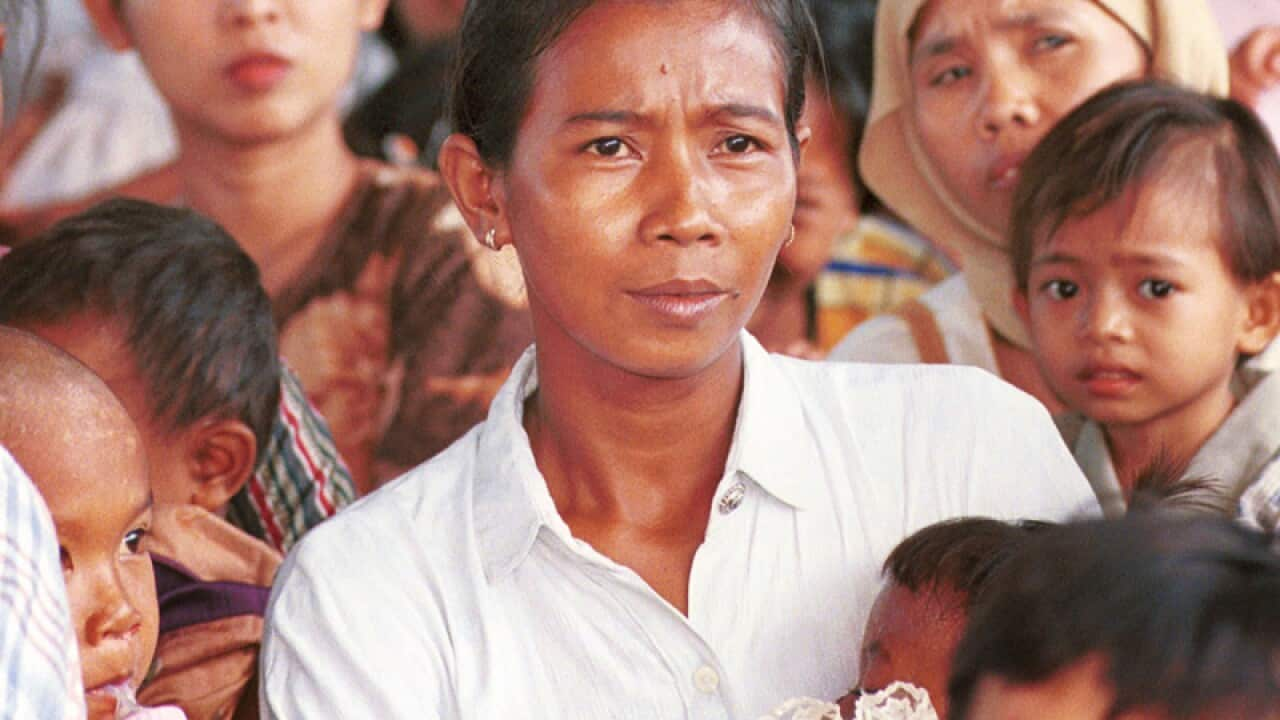Chronic malnutrition in Indonesia is stunting the growth of children, affecting their cognitive ability and threatening the country's economic growth, the World Bank says.
The warning is contained in a quarterly economic report, partly funded by the Australian government, launched in Jakarta on Thursday.
More than 37 per cent of children under five years are stunted, according to the most recent figures from 2013 - a number that has remained virtually unchanged since 2007.
Some regions are worse affected than others, with more than half of those in East Nusa Tenggara, the country's southernmost province, affected by stunting.
"This has negative implications for adult cognitive ability, adult health ... the negative impacts are being felt today and will be felt for years to come unless decisive action is taken immediately," bank's country director Rodrigo Chaves said.
Australian ambassador to Indonesia Paul Grigson says Indonesia misses out on an estimated three per cent of economic growth as a result of stunting.
"Indonesia will be unable to make the most of its youth dividend to power economic growth if it fails to address stunting and malnutrition."
He announced the Australian government will pump an extra two million dollars over three years into improving the health of young children in East Java and East Nusa Tenggara, focusing on iron and folic acid supplements to thousands of pregnant women.
But Chaves says despite global uncertainty and the increasing risk of trade protectionism, the country faces a positive economic outlook.
Key reforms such as a tax amnesty program that clawed back about US$367billion in previously undeclared assets and widened the tax base, has helped to create strong fundamentals.
The World Bank report also points to tougher seas on the political horizon in Indonesia.
With the presidential elections to be held in 2019, it warns the window for economic growth may be narrowing.
"Competition between parties at the House is likely to intensify, making it increasingly difficult to pass critical, bit unpopular economic reforms."









